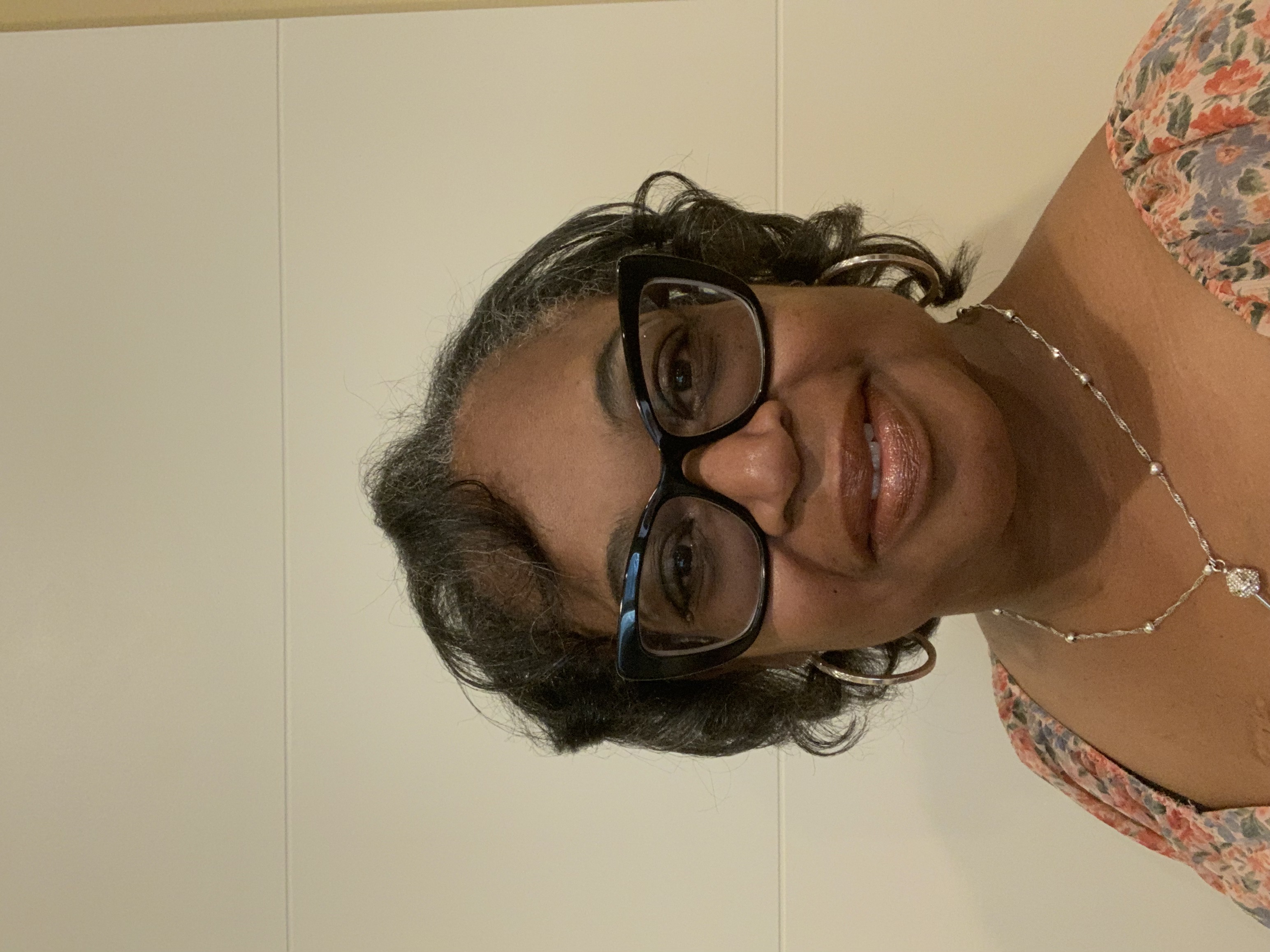
Photo by Gino Crescoli via
Private Mortgage Insurance (PMI) may be a common term in home buying, but not every home buyer understands exactly what it will mean for their finances. This short guide will give you the basics, so there are fewer surprises down the line.
PMI is a type of insurance that lenders purchase in case the homeowner defaults on their loan. While the lender will take possession of the home if the owner can't pay their mortgage, they still have to cover the costs of a home sale (e.g., hiring a real estate agent, paying closing costs) as well as possible depreciation. It's the lender who takes out the PMI policy, but it's the homeowner who pays for it.
Lenders typically require homeowners to pay PMI if they're unable to put down at least 20% of the home's purchase price. So if the home is $100,000 and the buyer can only put down $10,000, they would need to pay for PMI. Because very few owners are able to come up with such large sums, PMI is a common part of home buying.
Like most insurance policies, PMI can range in terms of total costs. The standard amount is .3 to 1.5% the total cost of the home per year. Homeowners aren't expected to pay the insurance company directly. Instead, PMI payments are rolled into the house payments, and the lender uses the designated amount for PMI to pay the insurance company.
Homeowners will continue paying PMI until they reach 20% equity in their home. This is just one of the many reasons why homeowners are encouraged to put as much money as possible into their initial payments. The sooner they start tackling the principal of the loan, the less they'll pay in interest and PMI. That per-year percentage can really add up over time — especially if your interest rates are on the higher side.
PMI was designed as a way to prevent lenders from having to raise interest rates. If lenders had to absorb the losses from every default buyer without the help of PMI, they would have to spread the costs out to everyone. PMI is based on the premise that homeowners with less equity in their home (i.e., under 20%) are more likely to default. This way, not everyone has to shoulder the costs with higher rates spread out across the board.
If you want to know more about what PMI will mean for your finances and how you can mitigate its effects, contact me today to learn more about what you can do.

Hi, I'm Carolyn Brown and I have over 20+ years of real estate experience, serving Bay Area Counties: Alameda, Contra Costa, Solano, Sonoma, Sacramento, and Central Valley. I have a Master's Degree in Psychology and I work part-time for West Contra Costa Unified School District. This has afforded me the opportunity to connect with families and communities.
I have always been a giver and compassionate about serving and helping others. A real estate career was never my goal but the passion I have to help others changed that and I would love to help you! Whether you're in the research phase at the beginning of your real estate search or you know exactly what you're looking for, you'll benefit from having a real estate professional by your side. I'd be honored to put my real estate experience to work for you.
If credit is an issue, please don't let that discourage you. Having excellent credit is a work in progress but definitely workable. SmartCredit is an inexpensive App that will help you get on track and keep you on track. If you are proactive and willing, this can work for you. Sign up at: www.smartcredit.com/Chewzcarolyn.
Also, I am an author. My book, "S.O.U.L Inspiration 4 Life Daily Word" is guaranteed to inspire you and encourage your soul. Giving up isn't an option, and if you desire to become a homeowner, then contact me and I'll show you how. Never let what you see, hinder what you believe. My wonderful book is available online at Amazon.com, Barnes and Noble, and Xulon.com. Let me know if you have any questions. Let's build a legacy together.
Thanks for ChewzingCarolyn!!!